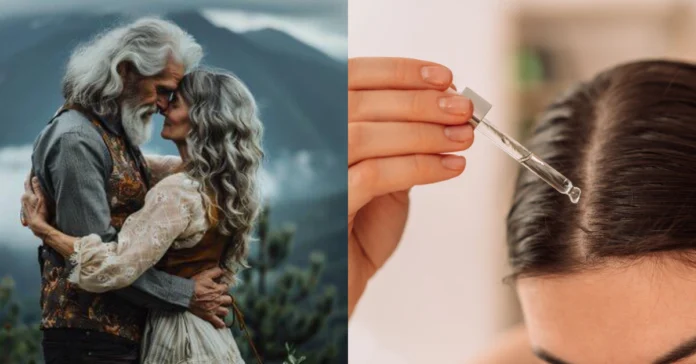Hair loss can be a challenging experience, affecting self-esteem and confidence. While it’s a common issue faced by millions worldwide, the good news is that there are numerous expert-approved methods to slow down or even reverse hair loss. Here are ten amazing, science-backed recommendations from hair and health professionals to help you maintain a fuller, healthier head of hair.
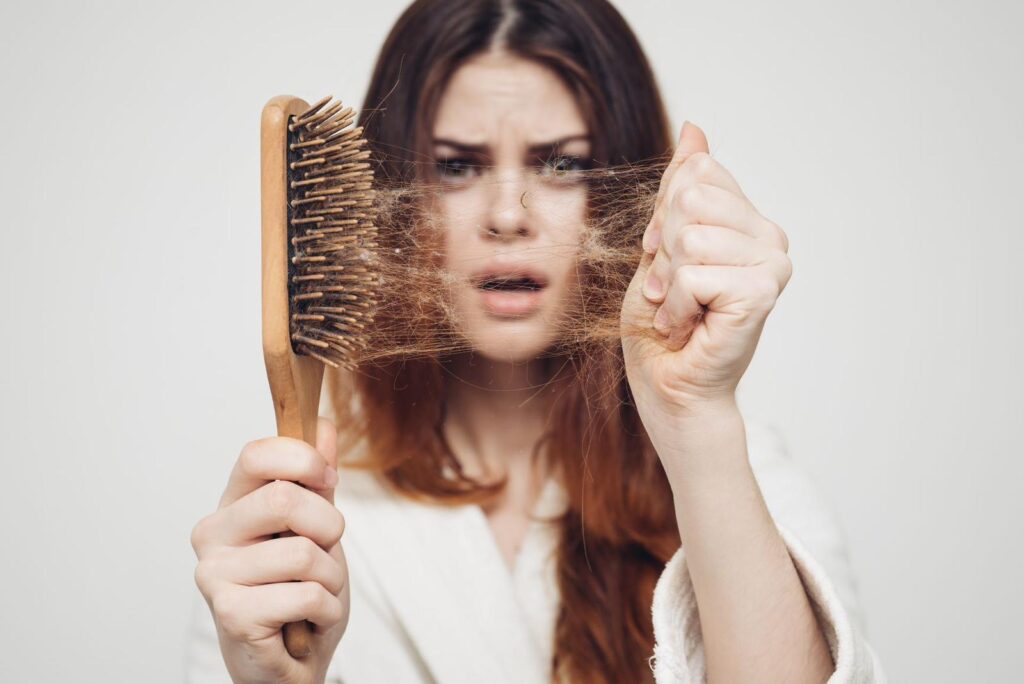
1. Prioritize a Balanced Diet Rich in Nutrients.
Hair health is often a reflection of our overall health, and diet plays a huge role. A diet rich in proteins, vitamins (especially B vitamins, Vitamin D, and Vitamin E), iron, and zinc supports hair growth. Foods like leafy greens, eggs, nuts, seeds, and lean meats are great sources. Biotin, often known as the “hair growth vitamin,” can also be added for an extra boost, as advised by dermatologists.

2. Incorporate Scalp Massages.
Scalp massages can significantly enhance blood circulation to hair follicles, encouraging growth. Studies have shown that just four minutes of daily scalp massage can make a difference. Many experts suggest adding essential oils like rosemary or peppermint to your massage routine, as these oils have been linked to hair thickening and can be soothing.
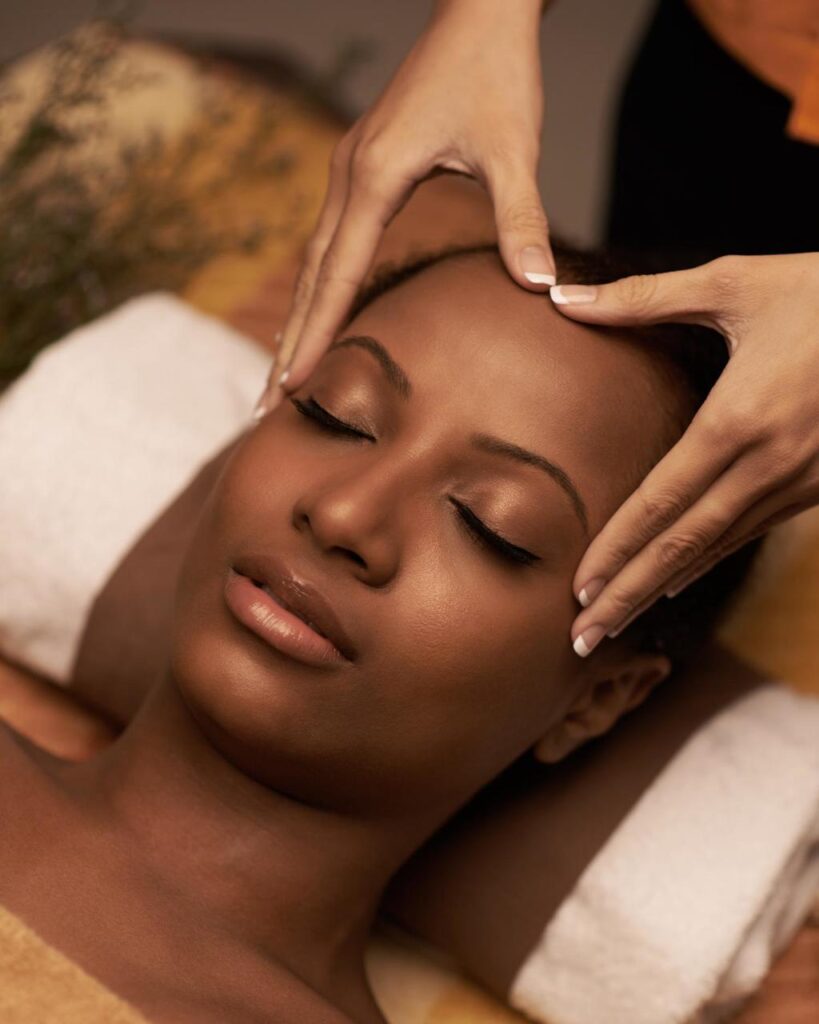
3.Consider Medications Like Minoxidil or Finasteride.
For those experiencing more severe hair loss, medications like Minoxidil (found in Rogaine) and Finasteride (Propecia) are often recommended. Minoxidil is FDA-approved and stimulates hair follicles, while Finasteride is effective for men, helping to block hormones that cause hair thinning. Always consult a healthcare professional before starting these treatments.
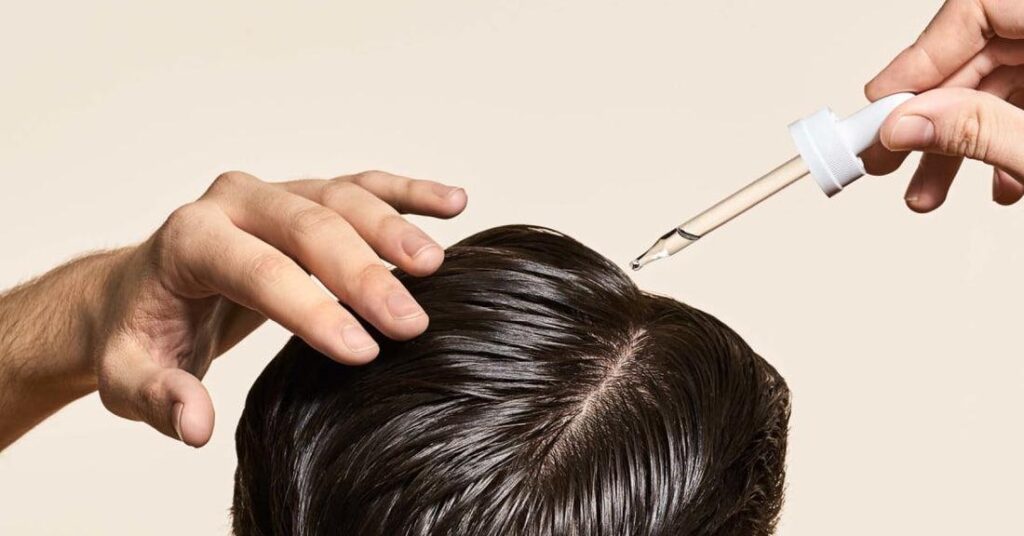
4. Explore Platelet-Rich Plasma (PRP) Therapy.
PRP therapy is a newer, highly recommended option that involves injecting a concentration of your platelets into your scalp to stimulate hair growth. Dermatologists report promising results with PRP for individuals experiencing hair thinning, as it can activate natural growth factors in the scalp and strengthen existing follicles.
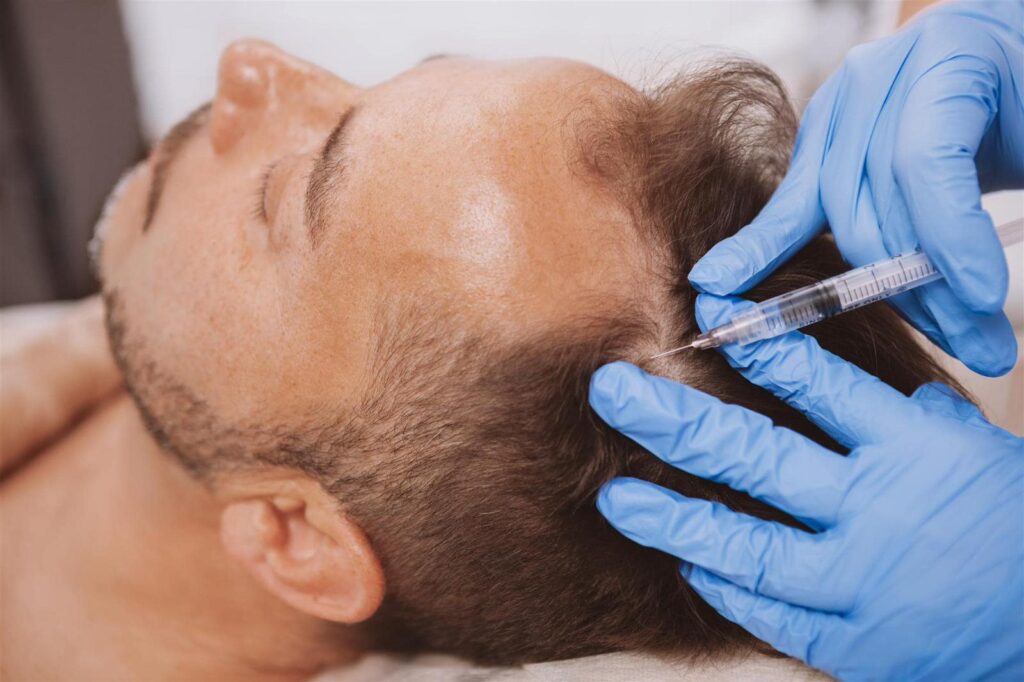
5. Avoid Excessive Heat Styling and Chemical Treatments.
Frequent use of heat tools and chemical treatments like coloring, perming, or relaxing can weaken hair, making it more prone to breakage and thinning. Experts recommend limiting these treatments or using them sparingly. If you must use heat, always apply a heat-protectant spray and keep the temperature as low as possible to minimize damage.
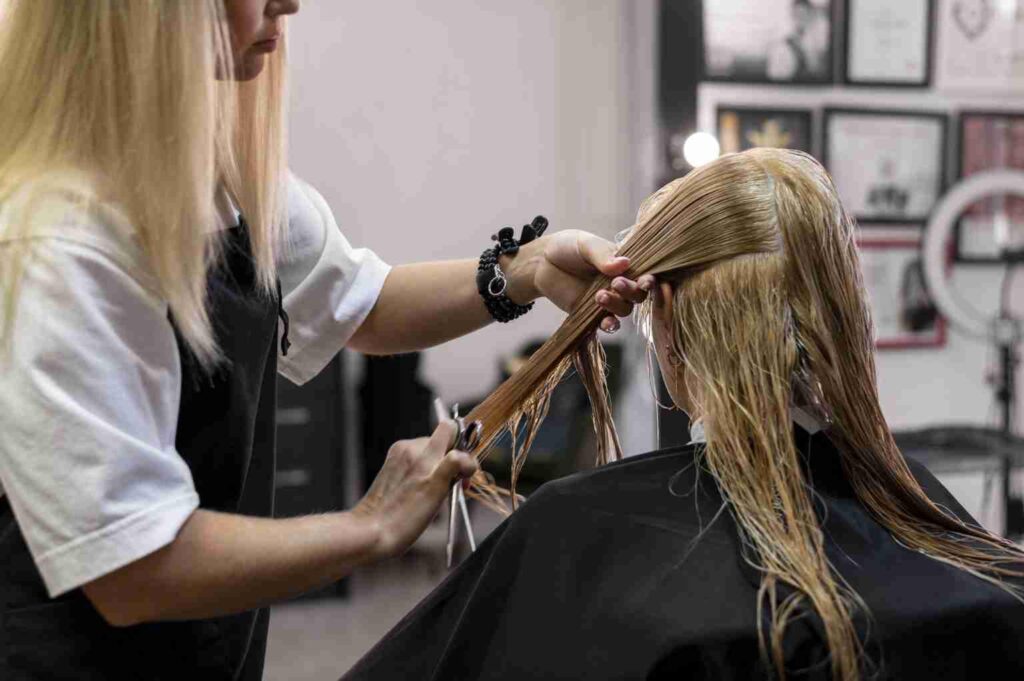
6. Try Low-Level Laser Therapy (LLLT).
Low-level laser therapy (LLLT) has gained popularity as a non-invasive, FDA-approved treatment for hair loss. LLLT devices, like laser combs or caps, emit light that stimulates hair follicles and promotes growth. Many trichologists and dermatologists recommend LLLT, especially for those with early-stage hair thinning, as a way to encourage thicker, fuller hair over time.
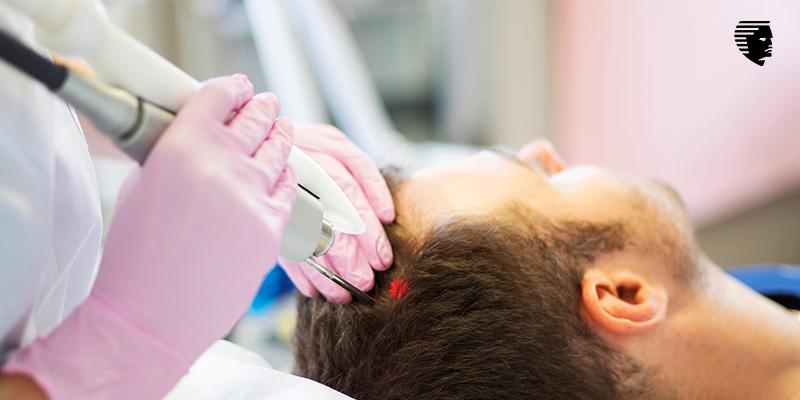
7. Consider Stress-Relief Techniques.
Stress is a major factor in hair loss. High stress can disrupt the hair growth cycle and lead to conditions like telogen effluvium, where hair falls out in clumps. Experts recommend practicing stress-relieving activities, such as yoga, meditation, regular exercise, or spending time in nature. Managing stress effectively helps not only your overall health but also promotes a healthy environment for hair growth.

8. Ensure Adequate Sleep.
Sleep is when your body repairs and regenerates, which includes hair growth. Experts suggest getting 7-8 hours of quality sleep each night. During sleep, the body produces hormones and growth factors essential for hair. Disrupted sleep patterns may contribute to hair thinning, so maintaining a consistent sleep schedule can positively impact hair health.

9. Switch to Gentle Hair Care Products.
Many hair products contain harsh chemicals that can damage hair and scalp health. Dermatologists recommend using sulfate-free shampoos and conditioners, which are less likely to strip hair of its natural oils. Look for products with nourishing ingredients, like keratin, argan oil, or aloe vera, that protect and hydrate hair. Additionally, avoid excessive shampooing, as it can dry out the scalp.
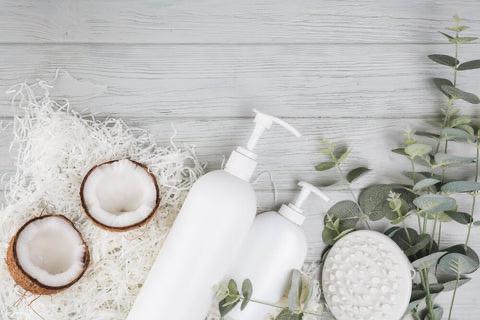
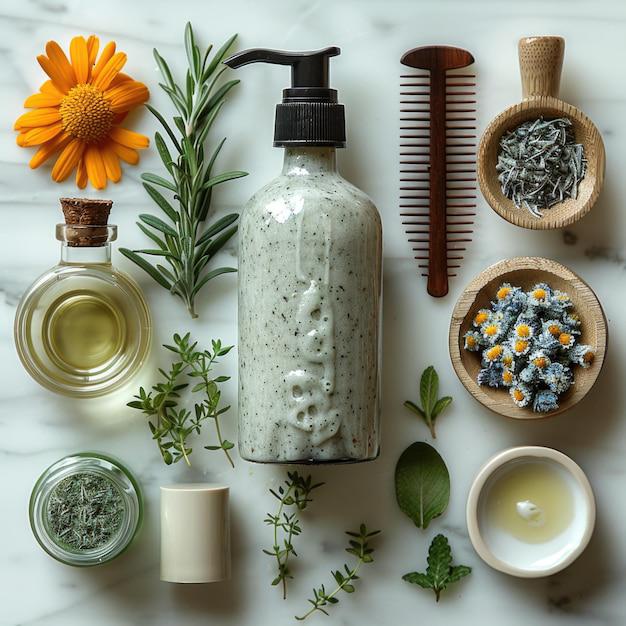
10. Consult with a Trichologist or Dermatologist.
If you notice persistent or severe hair loss, it’s essential to consult a trichologist (a hair and scalp specialist) or a dermatologist. These professionals can identify the underlying causes of your hair loss and recommend a tailored treatment plan. Whether it’s due to genetics, diet, stress, or an underlying health condition, a professional can help you explore options specific to your needs.
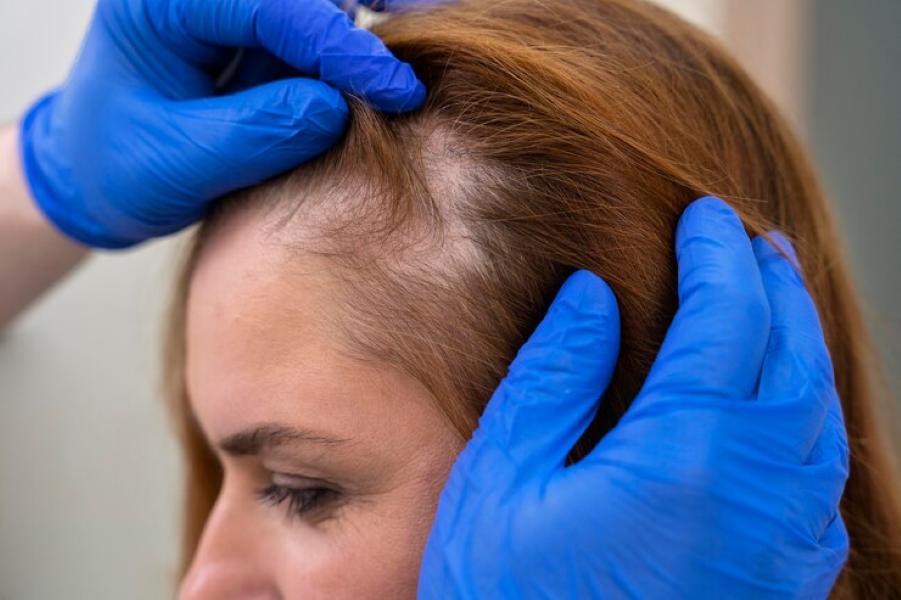
Final Thoughts
Hair loss is a multifaceted issue, and no single solution fits everyone. By incorporating these expert-recommended strategies, you can support your hair’s health, prevent further thinning, and potentially encourage new growth. Remember, patience is key; most treatments require time and consistency to show results. Embrace a routine that best suits you, and always seek guidance from professionals for the best approach to achieving a fuller, healthier head of hair.

you may also like it: What Really Happens to Your Body If You Quit Sugar for Six Months And Do We Actually Need It?”

